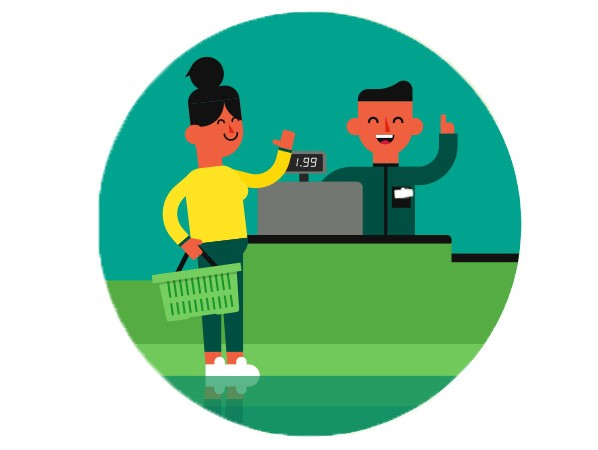
Food chains change: the sustainability agenda is very dynamic, there is lots of uncertainty about harvests, prices on the global market and the increasing regulatory pressure. Especially now, trust in chain partners is of great importance in the chain cooperation. This is shown by research from the EFMI Business School, commissioned by the CBL.
In the study ‘Strategic cooperation in the fresh chains’, the EFMI analysed the practical examples, from supplier to supermarket, in three fresh chains: ‘fruit and vegetables’ (open ground and greenhouse horticulture); ‘dairy’ (fresh and desserts) and ‘meat’ (chicken and pork). These analyses show that mutual trust in chain partners is of paramount importance in order to overcome uncertainties and an ever more rapidly changing society.
The fresh chains are influenced by a number of forces, whereby changing consumer behaviour is of particularly great importance. Consumers increasingly want convenience. Technological developments contribute to solutions to meet the consumer demand. For instance, the online channel for ordering meals and shopping is growing. The success of fresh food packages for creating meals shows that consumers increasingly opt for convenience. Bringing innovative and distinctive concepts onto the market and understanding consumer demands are becoming ever more important.
The expectation is that there will be more and more added value concepts in the fresh chains. Strategic chain cooperation is an important tool for this. The central starting point is the ‘customer journey’, allowing chain partners to better respond to changing consumer needs. With analyses of customer behaviour, concepts can be refined and more work can be done from networks. This way, supermarkets give substance to strong chains and sustainable production. “Supermarkets understand the wishes of customers like no other, and naturally respond to these”, says Marc Jansen, director of CBL. “Together with chain partners, farmers and processors, supermarkets are taking on the challenge of continuing to meet consumer needs in the future, regardless of time, place or channel. Proper use of data plays a major role here.”
“There are more initiatives in the field of strategic chain cooperation than ever before”, says Melanie Murk-Severein, programme director at EFMI Business School. “We are learning and developing further. And that is very necessary, given the forces on the chain and the changes that are yet to come.”
Source: © Vakblad Voedingsindustrie 2019